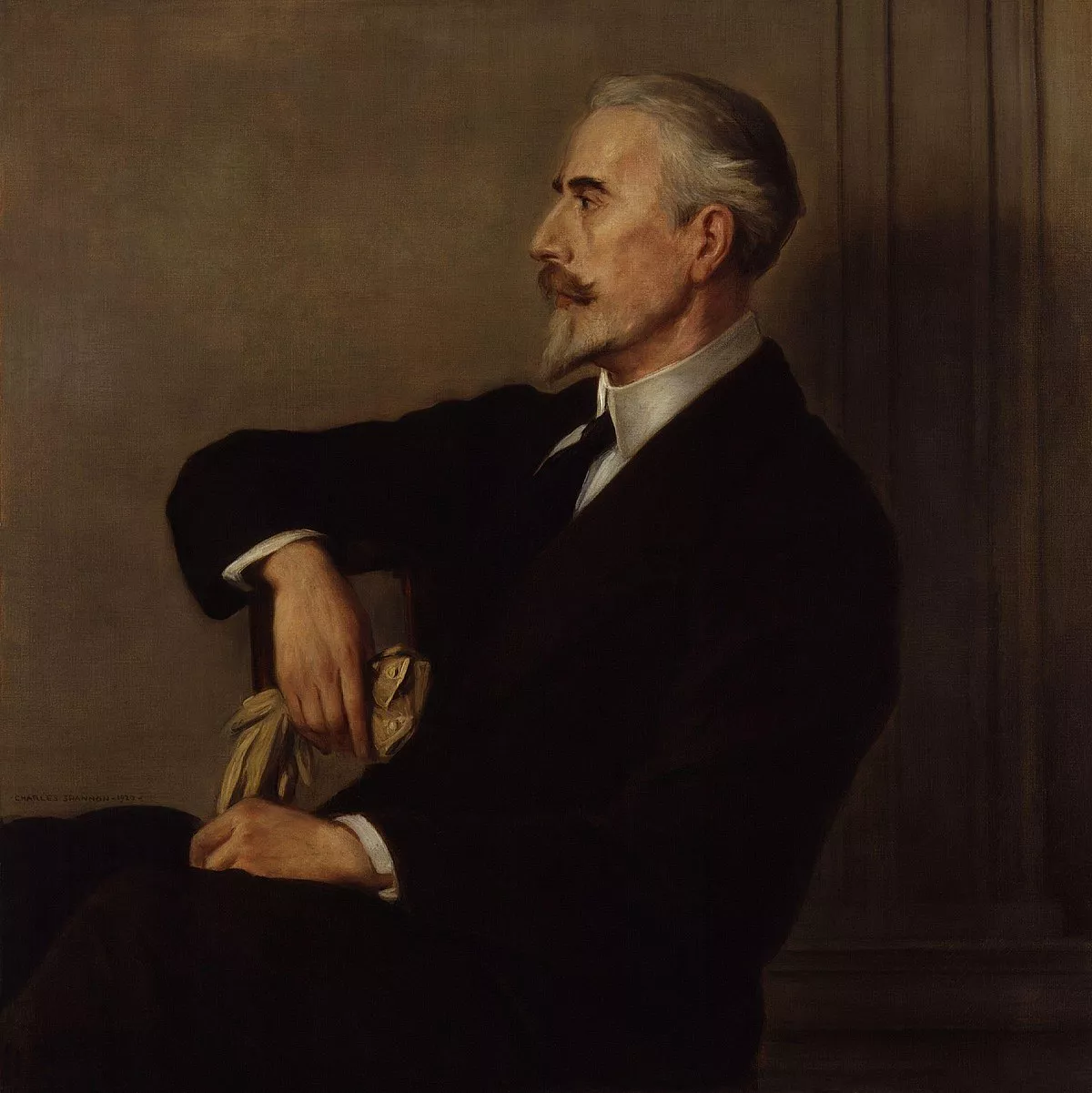 1.
1. Henry Wickham Steed was an English journalist and historian.

 1.
1. Henry Wickham Steed was an English journalist and historian.
Wickham Steed was editor of The Times from 1919 to 1922.
An anti-Semite and a Germanophobe, in an editorial conference of The Times on 31 July 1914, Wickham Steed labelled efforts to stop the impending war as "a dirty German-Jewish international financial attempt to bully us into advocating neutrality".
In particular, Wickham Steed was a very strong advocate of uniting all of the South Slavic peoples, such as the Croats, the Serbs and the Slovenes, into a federation, to be called Yugoslavia.
In October 1918, Wickham Steed met with Serbian Prime Minister Nikola Pasic to gain his support for the Yugoslav concept but was deeply angered when he learned that Pasic saw the new state as merely as extension of Greater Serbia and had no intention of sharing power with the Croats or the Slovenes.
Wickham Steed charged Pasic with being a new "sultan" and severed his friendship with him.
Wickham Steed had worked closely with Northcliffe during the war, becoming an adviser to him on foreign affairs.
Wickham Steed was forced to contend with Northcliffe throughout most of his tenure as editor, as the press baron retained considerable control over the affairs of the newspaper.
In 1920, Wickham Steed endorsed as genuine a notorious anti-Semitic forgery, The Protocols of the Learned Elders of Zion, writing in an editorial in The Times in which he blamed the Jews for World War I and the Bolshevik regime and called them the greatest threat to the British Empire.
Wickham Steed was Northcliffe's personal choice for the editorship, but by 1922, the press baron was increasingly frustrated by Wickham Steed's failure to return The Times to profitability.
In 1923, Wickham Steed became editor of Review of Reviews, the journal established by William Thomas Stead in 1890.
Wickham Steed, played by actor Andrew Keir, appears in the 1974 miniseries Fall of Eagles, bringing a rumour of the impending Bosnian crisis to the attention of King Edward VII, Georges Clemenceau, and Alexander Izvolsky.